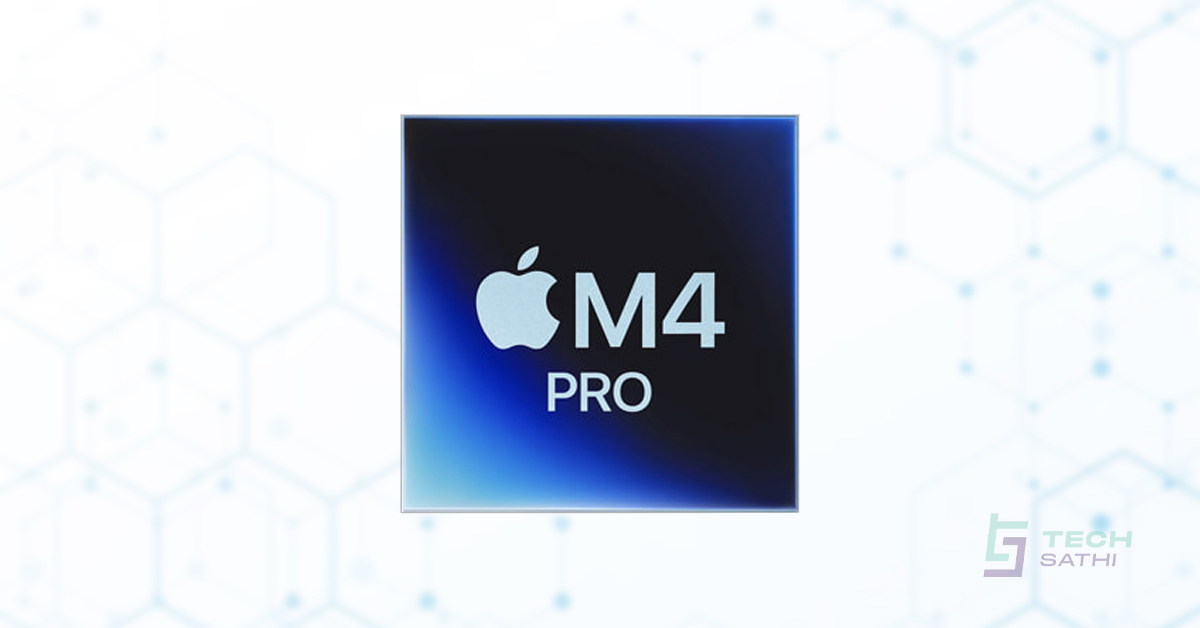Writing is a skill, and like any skill, it can be learned and improved. You can learn to write and write better. Ernest Hemingway said “It’s none of their business that you have to learn how to write. Let them think you were born that way.”
How to write something that stands out?

Have you ever thought about writing something and never actually got around it? You probably never started or never completed it. Yet, you must have written a lot of assignments for your schoolwork.
What’s the difference? How do you manage to complete your schoolwork and not your dream writing commitments? The difference is the drive, motivation and purpose. Academic writing has a clear goal and a set deadline.
The 6Ws for writing better
There are six questions that you need to ask yourself before you even start typing.

Why? Why are you writing it?
Why are you writing it? What’s the purpose of your writing? Is there something specific you want to say to the world? Or, are you merely relaying some information? Are you writing in support of something, or are you writing against something? You would have to choose very different words depending upon the context.
Who? Who are you writing for?
Who is your target audience? How much do they care about what you are writing?
For example: If you’re writing an article for the technical experts, then phrases like lead generation, search engine optimization, click-through rate etc. would make sense to them. If you are writing for beginners, your ideas would have much more impact if you explain what they mean and why they are useful.
What? What format is appropriate for your writing?
What is the proper format for your writing?
For example, This blog is broken down in a specific format of headings and content. But, if this article were a book, then the formatting would be a lot different. If this article were a podcast, then we would have to write for ears, not eyes. And, it would be very different if it were a youtube video.
Where, when and how will your writing be delivered?
It again comes back to who your audience is. If your writing is going to be read by people who are non-native English speakers, then it would make sense to use simpler words. If you are writing about current affairs that goes reasonably quickly, then you might make it news-like.
Tips for writing something that hits right on the nail!
Writing is only useful when you are clear about the goal of your work. It goes all over the place if you are not clear about its intent. Blindly swinging the hammer might occasionally hit the nail but it would be better to know where the pin is and hit right on it.
Write succinctly. Your writing needs to be brief, concise, and clear. It’s not so much about the length of your writing but how much impact your writing makes in the given length.
Make it concise
Half of a website’s visitors leave the site within 15 seconds. People skip YouTube ads even earlier than that. It would help if you made an impact as soon as possible right up front. Your words should get right to the point from the very beginning.
Make it clear
Choose your words with care and throw away the unnecessary. Write to make people understand. People are only going to read your work if they know what you are trying to convey.
Your knowledge about the topic is also essential. Be clear yourself first. You can only say something clearly if you are clear about it. Know what you are going to say before you start writing.
Make it right
There are many ways to distract the reader. We don’t want that. Your writing can be concise and straightforward, but nobody’s going to pay attention to it if it’s boring. Proper emphasis is essential. Your sentences shouldn’t go on and on.
Much of this comes from practice. Reading great writing to acquire a taste for excellent writing and training for it is the right approach to make it right.

Understanding about your readers to write better
- Is your writing understandable?
- It is engaging?
- Is it relevant to your target audience?
- Would it invoke action in your reader?
For your writing to be understandable, you need to use similar language as your readers. Writing is engaging when it matches the reader’s expectations. It is relevant to them if it directly or indirectly affects them. And, your writing would invoke an action on your reader if they hold power to act on it. Writing about cars targeting 10-year-olds in hopes that they’ll buy a car would generate no action. Action depends on the economic and sociocultural status of the reader.
For eg. TechSathi reviews are focused on young adults who are interested in new technological trends and gadgets.





